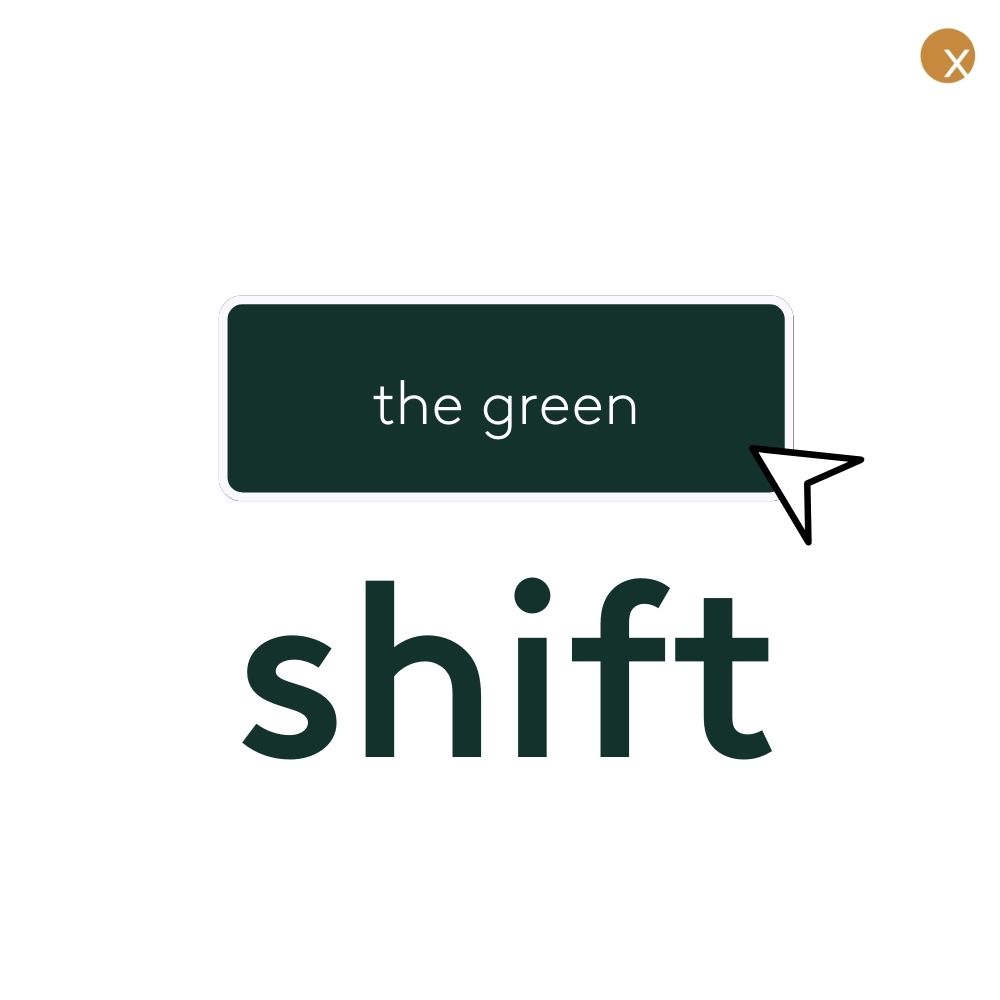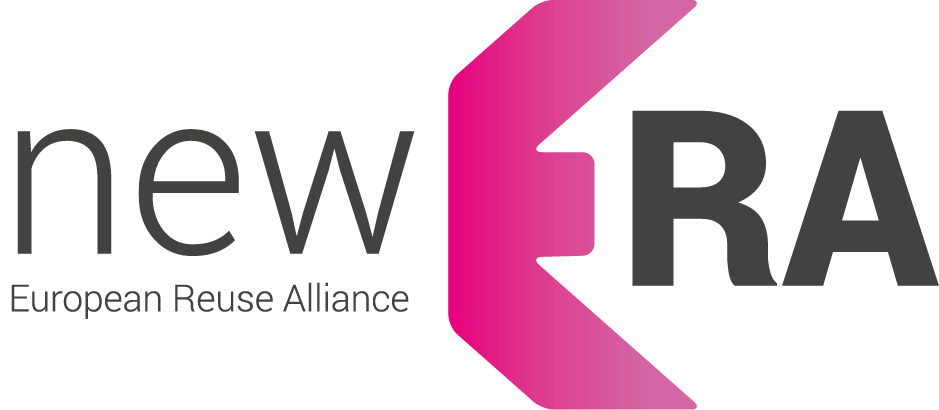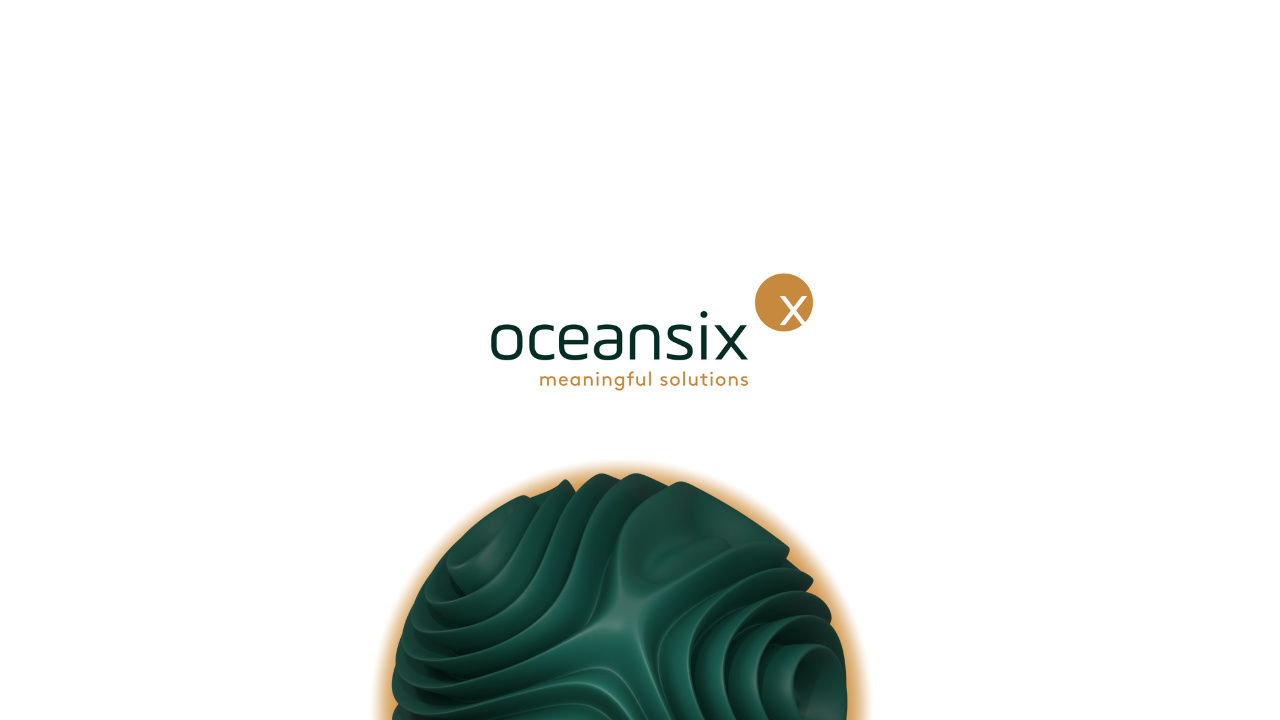The European Union has taken a proactive step to rebuild its packaging rules, making a significant stride towards environmental sustainability. The provisional agreement reached last Monday between the Parliament and Council marks a key moment in the EU's commitment to reducing waste, enhancing safety, and promoting a circular economy. This comprehensive approach addresses the entire packaging life cycle, aiming to make the EU a sustainable solution leader.
The Essence of the New Measures
The core of the new measures is to ensure that packaging within the EU becomes safer and more sustainable. The ambitious goal is for all packaging to be recyclable by design, thereby minimising the presence of harmful substances, reducing unnecessary packaging, and encouraging the use of recycled content. This initiative aims to improve collection and recycling rates and significantly cut down on packaging waste.
Targeted Reduction and Restrictions
A notable aspect of the agreement is the introduction of packaging reduction targets, aiming for a 5% reduction by 2030, 10% by 2035, and 15% by 2040. The EU is taking a firm stance against plastic waste, particularly targeting single-use plastic packaging. From 1 January 2030, certain single-use plastic packaging formats, including those for unprocessed fresh fruits and vegetables and individual portions of condiments, will be banned. This move clearly signals the EU's determination to tackle plastic pollution head-on.
The Ban on "Forever Chemicals"
In a significant health and environmental safeguard, the agreement introduces a ban on using "forever chemicals" (PFAS) in food contact packaging. This decision underscores the EU's commitment to protecting consumer health from the adverse effects of these persistent substances.
Encouraging Reuse and Refill
The agreement sets specific targets for reusable packaging, particularly beverages, aiming at at least 10% by 2030. This initiative is complemented by measures requiring food service providers to offer options for consumers to bring their own containers, promoting a culture of reuse and refill. Additionally, member states are encouraged to incentivise tap water serving in reusable formats, further reducing reliance on single-use packaging.
Recyclability and Waste Management
A cornerstone of the agreement is the requirement for all packaging to be recyclable, with specific criteria to be outlined in secondary legislation. The deal also sets ambitious recycling targets and mandates the separate collection of 90% of single-use plastic and metal beverage containers by 2029, highlighting the EU's commitment to efficient waste management and recycling.
A Statement from oceansix
At oceansix, we wholeheartedly support the EU's push towards sustainable packaging and are particularly enthusiastic about emphasising reusable packaging and reuse systems. Our mission aligns with these initiatives, as we are dedicated to developing an innovative infrastructure that enables e-commerce companies to adopt and benefit from reusable packaging solutions. We believe that the transition to reusable packaging is not just an environmental imperative but also a strategic business decision that can drive efficiency, enhance customer loyalty, and position brands as leaders in sustainability.
The EU's new measures resonate with our vision of a circular economy where packaging is viewed as a valuable resource rather than waste. By investing in reusable packaging and reuse systems, we mitigate environmental impact and pave the way for a more sustainable and profitable future for e-commerce.
The Path Forward
As the EU gears up for the formal approval of this agreement, the message is clear: the fight against excess packaging and for a sustainable future is a collective responsibility that requires the active participation of industries, member states, and consumers alike.
The journey towards sustainable packaging in the EU is a model for the rest of the world. By setting ambitious targets and implementing practical measures, the EU is building a future where packaging waste is significantly reduced and the circular economy is a reality. This agreement is not just about packaging; it's about reimagining our relationship with materials and making sustainability a norm in our consumption habits.
Source




